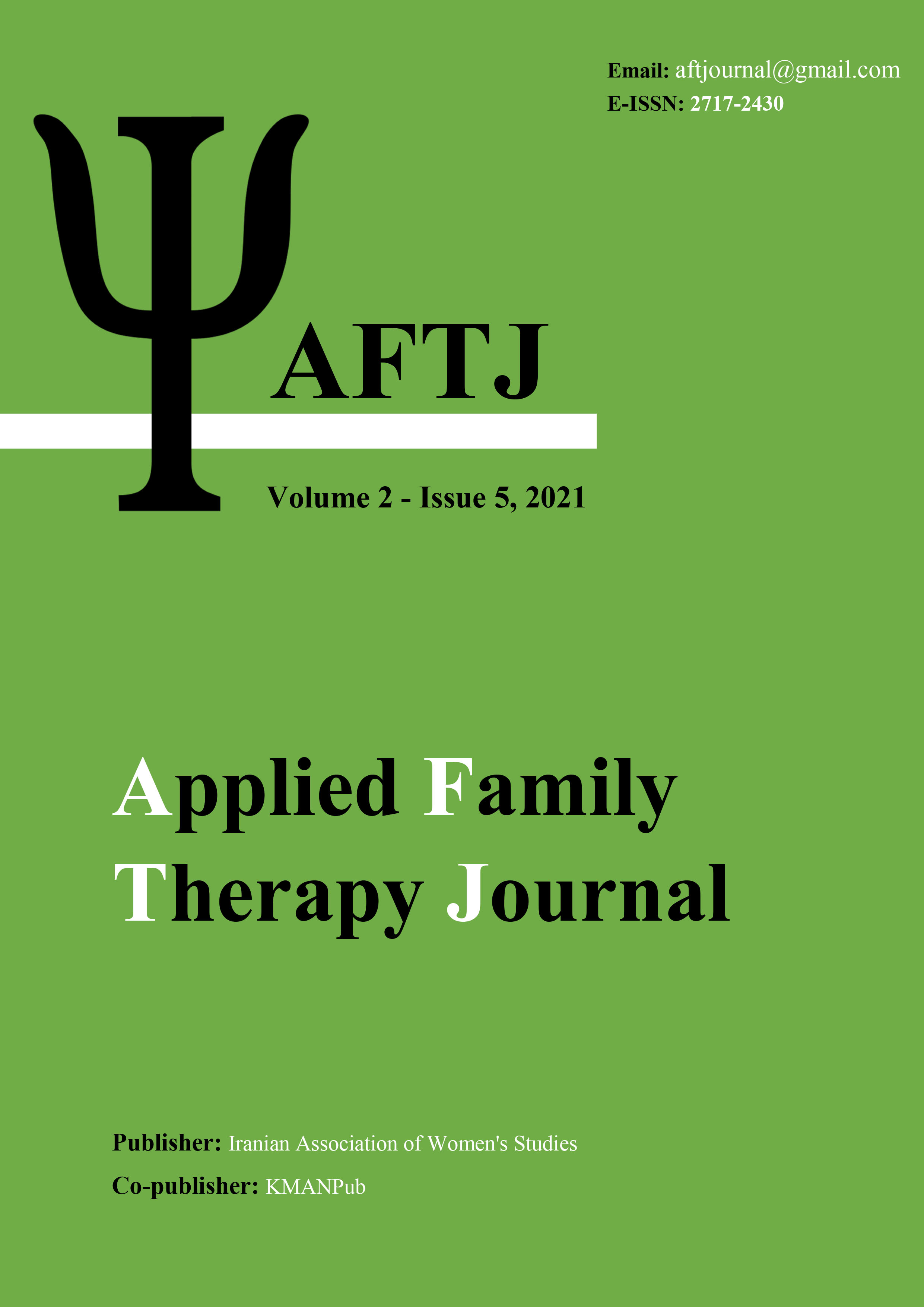Structural Modeling of Academic Achievement Well-being based on Communicative Skills and Thinking Styles through Mediation of Student Engagement
Keywords:
Academic Achievement Well-being, Communicative Skills, Thinking Styles, Student EngagementAbstract
Aim: The aim of the present research was the relation between Academic Achievement Well-being and two other variables including Communicative Skills and Thinking Styles through mediative role of Student Engagement coinciding home lockdown and virtual instruction. Methods: The Statistical Society of the research included the all of the female teenager students who were educating in the secondary high schools of Tehran in 1400-1401 academic year. A sample of 373 people was selected by sampling method of clustered Multi-stage. Achievement well-being questionnaire, Queendom Communication Skills Test-Revised, Sternberg & Wagner Thinking Styles Inventory and Reeve Academic engagement Scale were the measurement means of the research. The collected data were analyzed by using Structural Equation Model. Results: The findings of the research showed that the direct standard effect sizes of Communication Skills (β=.167, P>. 05) and Thinking Styles including the first group (β=.004, P> 05), the second group (β=.013, P>. 05) and the third group (β=.037, P>. 05) on Academic Achievement Well-being were not significant. The indirect standard effect sizes of Communication Skills (β=.199, p<.05) and two groups of Thinking Styles (β=.317, p<.05) and (β=.176, p<.05) on Academic Achievement Well-being through mediation of Student Engagement got significant, but the third group of Thinking Styles (β=-.103, p>.05) did not have significant indirect standard effect on Academic Achievement Well-being through mediation of Student Engagement. Conclusion: The results of the research supported the examined model and that it was an appropriate model in order to explain the Academic Achievement Well-being in female teenagers.
Downloads
Downloads
Published
Issue
Section
License

This work is licensed under a Creative Commons Attribution-NonCommercial 4.0 International License.





















